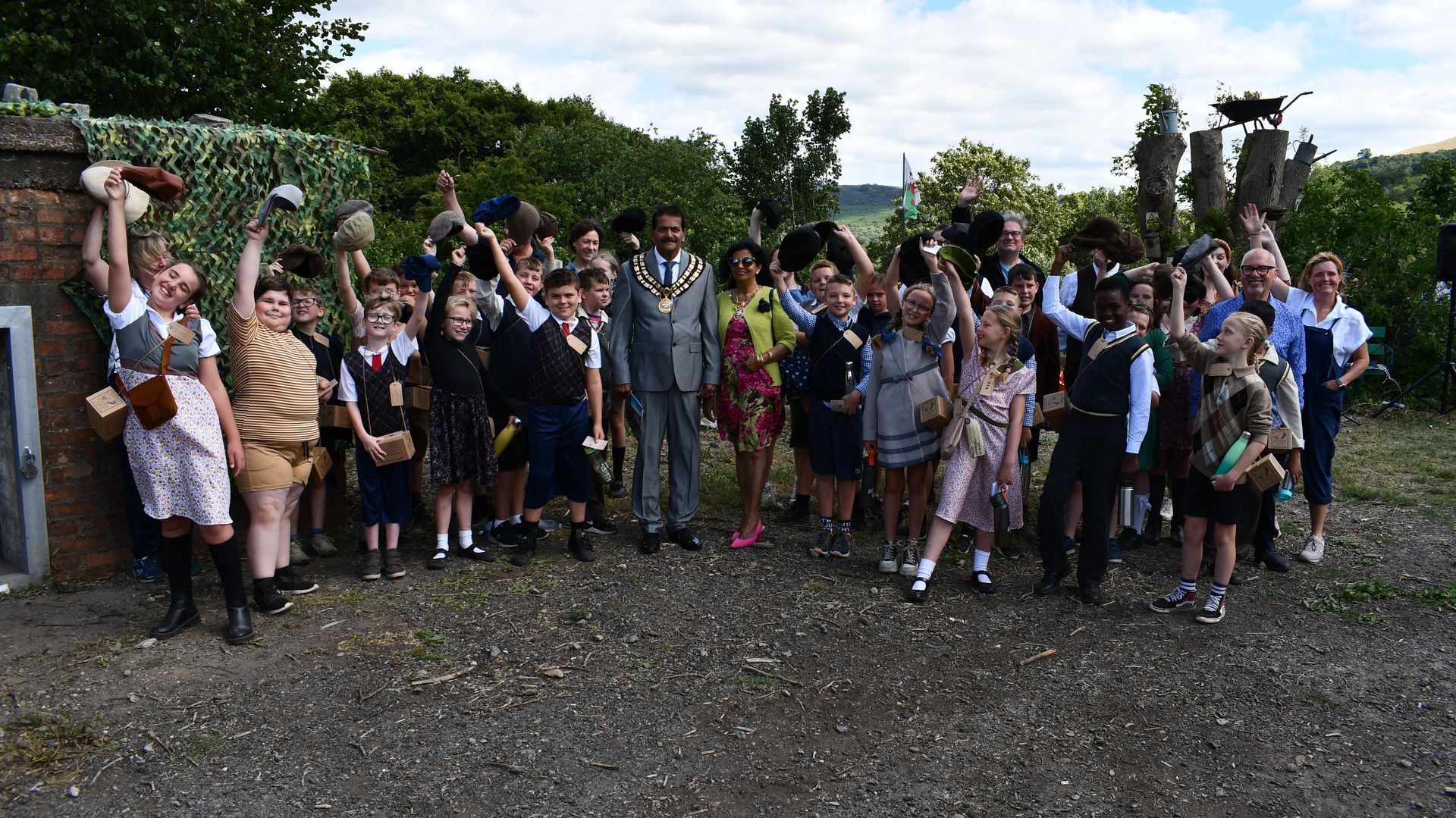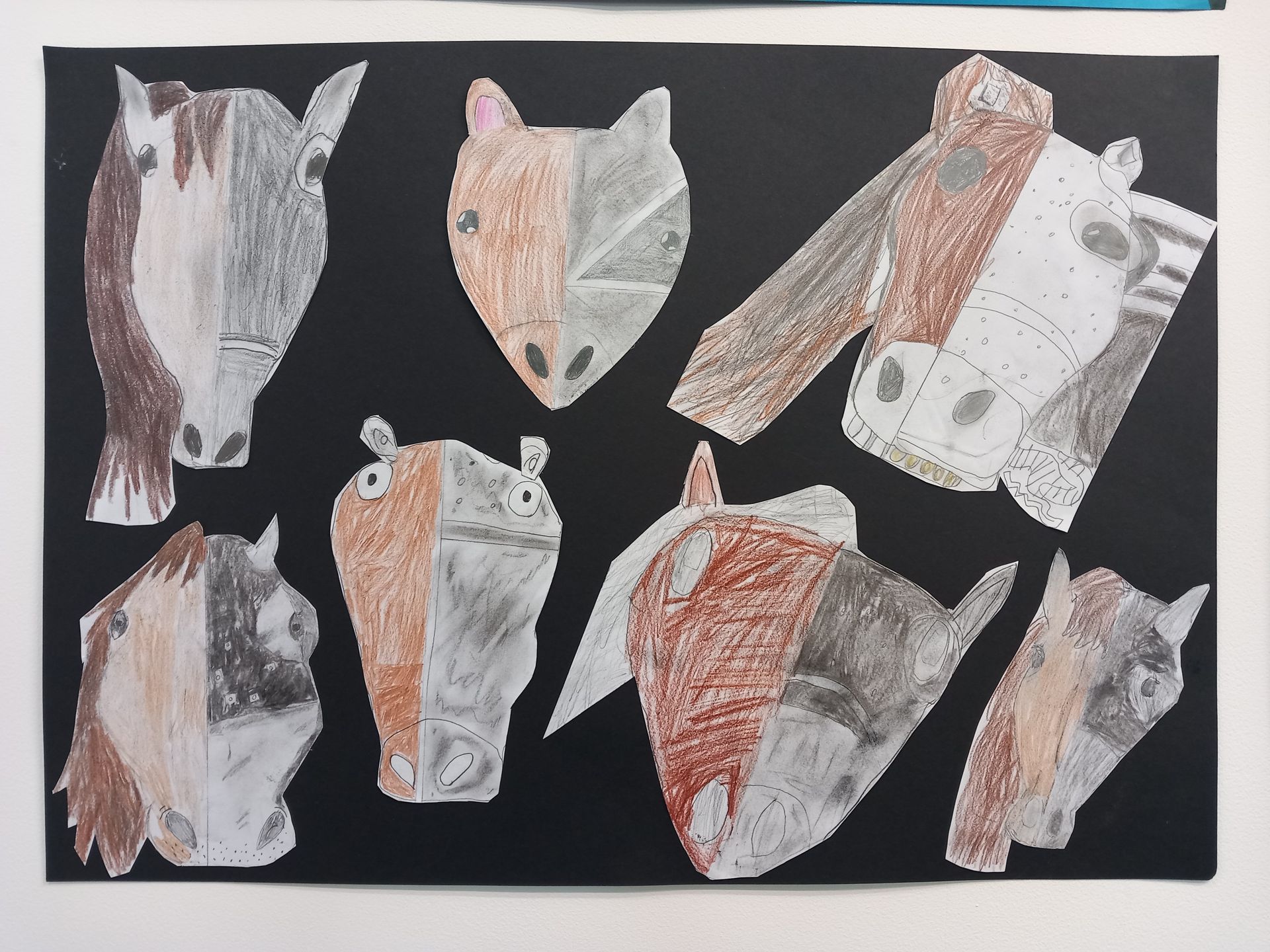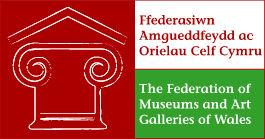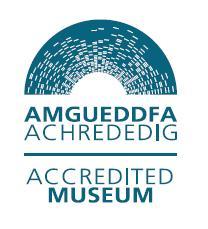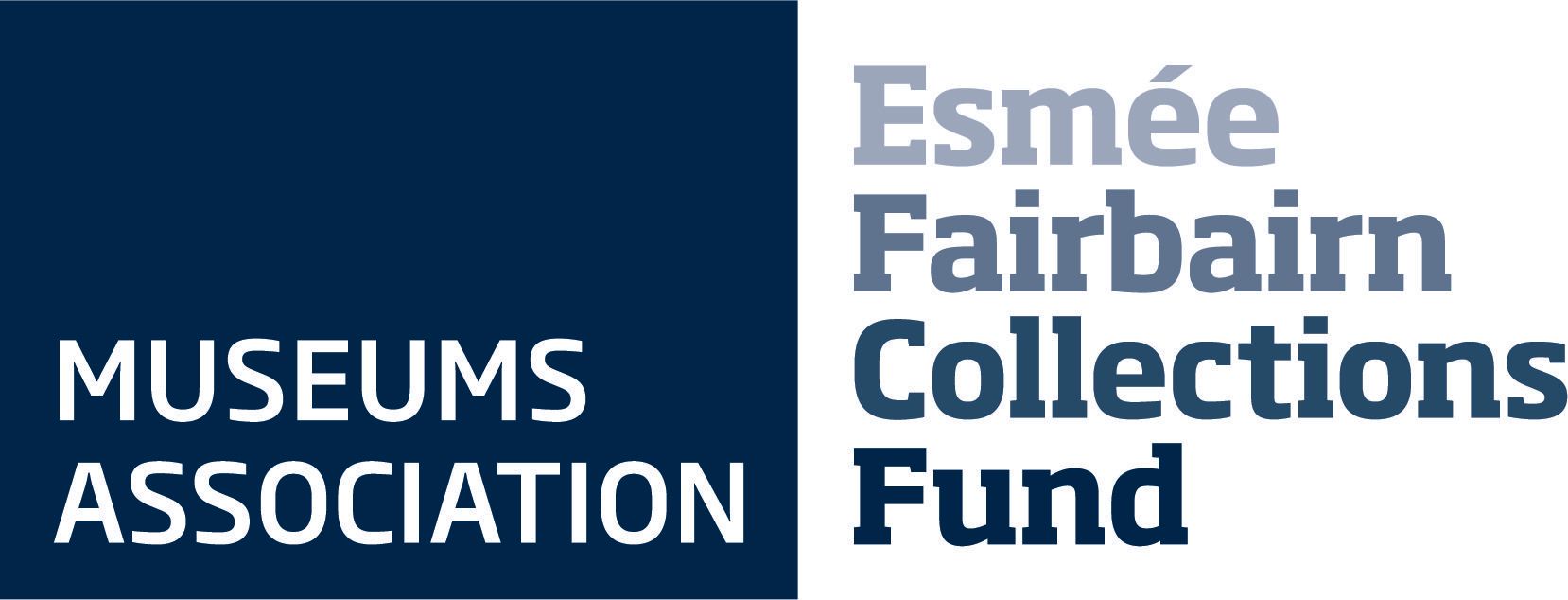On 25th December 1916, Private William Jones from Hopkinstown, serving with the Royal Army Medical Corps in Egypt wrote; ‘CCS (Casualty Clearing Station) sports. Dai Rees won a few prizes, including the 100 yds and third in Marathon. Our team won the tug of war. On guard from 6 pm to 6 pm tomorrow.’
Pte Jones was one of over a million British troops that served in this often overshadowed theatre of conflict in North Africa. Whilst his Christmas Day entry, and many others like it, marks what seems to be a thoroughly enjoyable day, many other entries chime with modern day perceptions of the First War War. The unimaginable levels of human suffering that he saw working in the casualty clearing stations, the frustration of working in a hostile environment, the beaurocracy, the unreliable rationing system, and the boredom.
The Museum is lucky that a decscendant of Pte Jones has donated us these diaries, as although some of the entries are only a sentence long, put together they form a remarkable testimony of what it was like serving on the front line.
In 2017, to mark the penultimate year of the war, we will be posting a diary entry of Facebook for every day Pte Jones wrote, and publishing each month here on the Museum website. We hope you will join us in following William’s story, and help us remember him and so many others like him who played their part in that terrible conflict.
Edit: NB – The transcription of the diaries has been taken down verbatim, meaning that anything William Jones wrote, apart from any personal information, is reproduced in the social media posts. In a small number of entries, there is included what is now a pejorative term for a member of the travelling community, but for Pte Jones and his generation would have been an abbreviated nickname for their hosting countrymen of Egypt, which was not intended to be insulting. The decision has been taken to leave this term in, and for it to be taken in the context of the time. It is not our place to censor history, for that is where problems begin. It is preferable to have an open dialogue about the issues of the past in its true form.
RECENT POSTS
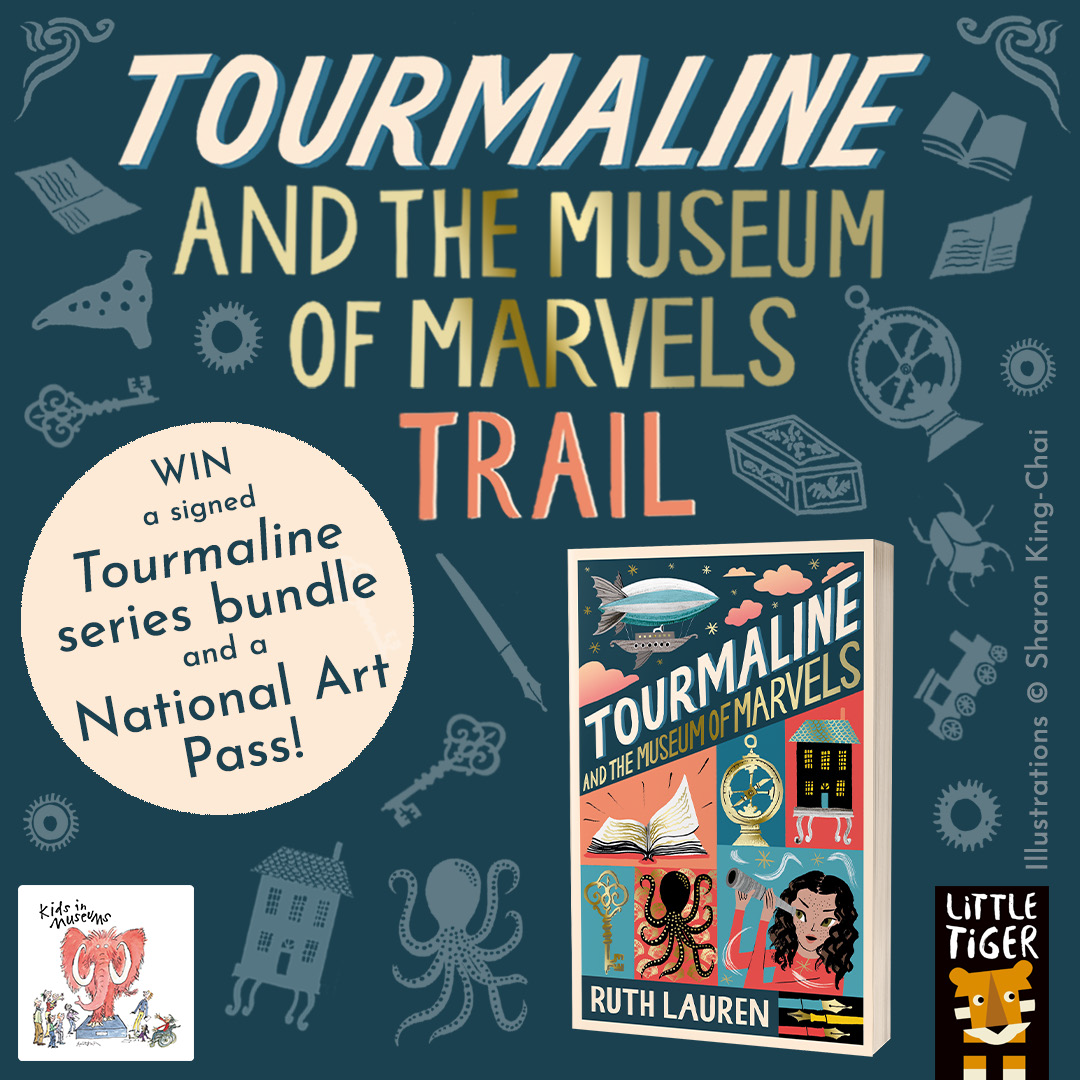
GET IN TOUCH
Contact Us
We will get back to you as soon as possible.
Please try again later.
OPENING TIMES -
- Monday
- -
- Tuesday
- -
- Wednesday
- -
- Thursday
- -
- Friday
- -
- Saturday
- -
- Sunday
- Closed

Sign up to our mailing list
Thank you for subscribing.
Keep an eye out for updates from the Museum in your inbox!
Oops, there was an error subscribing.
Please try again later.



